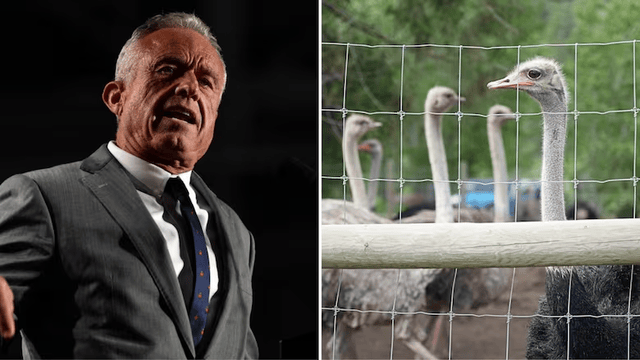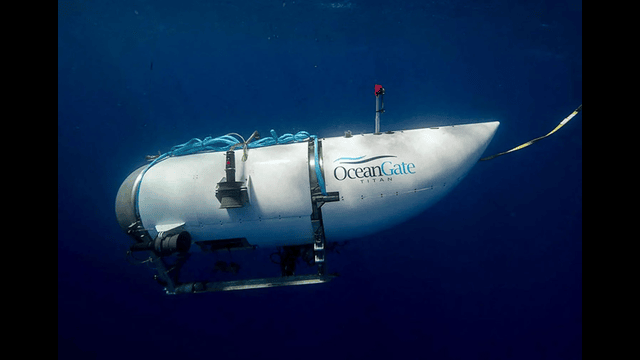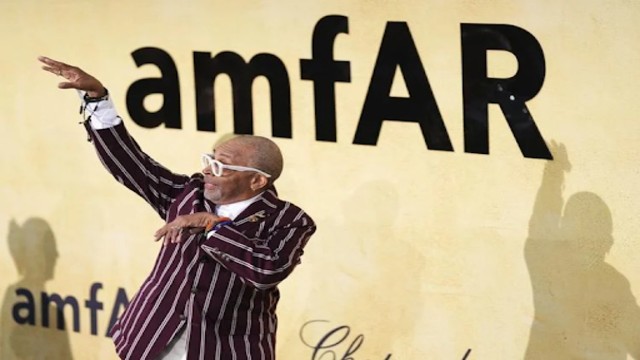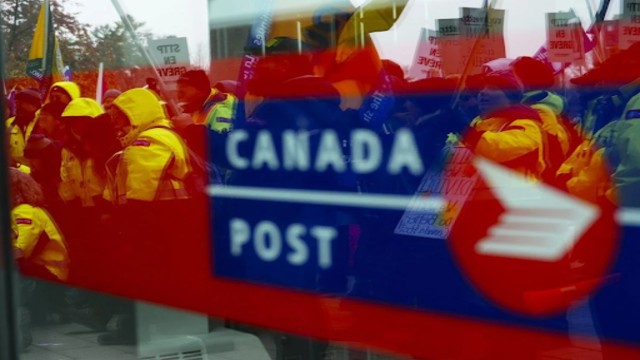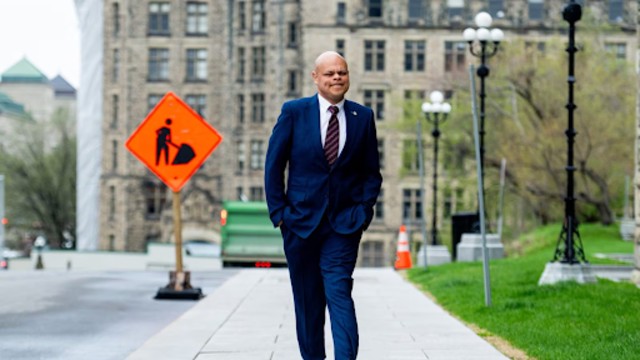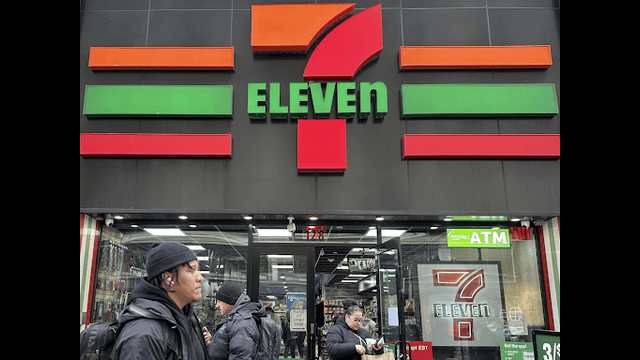
Judge Susan Crawford, who is running for the Wisconsin Supreme Court, spoke to her supporters during a campaign event on Monday in Madison, Wisconsin. Getty Images
Susan Crawford has won a 10-year term on the Wisconsin Supreme Court, securing a key victory for liberals. She defeated Brad Schimel, a former Republican attorney general, keeping the court’s 4-3 liberal majority. The race attracted national attention and became the most expensive state Supreme Court election in U.S. history.
Billionaire Elon Musk poured millions into the race to support Schimel, making himself a central figure in the campaign. He visited Wisconsin before Election Day, posted frequently about the race, and funded efforts to sway voters. However, Democrats turned Musk’s involvement into a campaign issue, accusing him of trying to "buy" the election.
"As a little girl growing up in Chippewa Falls, I never could have imagined that I’d be taking on the richest man in the world for justice in Wisconsin," Crawford told her supporters. "And we won."
Schimel conceded the race, saying, "I knew I had to put my all in," but acknowledged the outcome.
Crawford’s victory ensures that liberals maintain control of the court for at least another year. The court could soon rule on major cases, including abortion rights, union laws, and redistricting.
Musk and his affiliated groups spent more than $15 million on the race, but Democrats managed to slightly outspend them. Their ads focused on Musk’s influence and his attempt to reshape the government through the Department of Government Efficiency.
Democrats also criticized Musk’s electric car company, Tesla, for a lawsuit challenging Wisconsin’s law banning carmakers from owning dealerships. The case could eventually reach the state Supreme Court.
Musk’s offer of $100 to voters to sign a petition against "activist judges" also sparked controversy. Wisconsin’s Democratic attorney general, Josh Kaul, attempted to block Musk from paying $1 million to rally participants to promote the petition.
While Musk was a major campaign target, Democrats largely avoided making the race about Donald Trump. Schimel embraced Trump’s endorsement late in the campaign, appearing at events with Trump’s allies.
Both candidates tried to frame each other as weak on crime, even though the state Supreme Court rarely handles sentencing cases. Crawford’s ads focused on allegations that Schimel’s leadership as attorney general led to the mishandling of rape kit evidence.
Abortion rights were another central issue in the campaign. Wisconsin’s 1849 abortion ban is currently being challenged in court. The state Supreme Court is widely expected to overturn it, but the decision may come before Crawford takes office. Planned Parenthood has also asked the court to clarify whether the state constitution protects abortion rights.
The court could also hear challenges to Wisconsin’s congressional maps, which favor Republicans. Last year, after gaining a liberal majority, the court overturned gerrymandered legislative maps. Republicans fear further redistricting cases could arise with Crawford on the bench.
Liberals regained control of the Wisconsin Supreme Court in 2023 for the first time in 15 years. This year’s election was crucial in keeping that majority, as Justice Ann Walsh Bradley retired. The court will see elections every year from 2026 to 2030, keeping it a key battleground.
In other Wisconsin races, Democratic-backed Jill Underly won re-election as school superintendent. The contest gained significance after Trump signed an executive order to dismantle the U.S. Education Department.
Wisconsin voters also passed an amendment adding the state’s voter ID law to the constitution. Conservatives pushed for this change to make it harder to repeal the law in the future.



